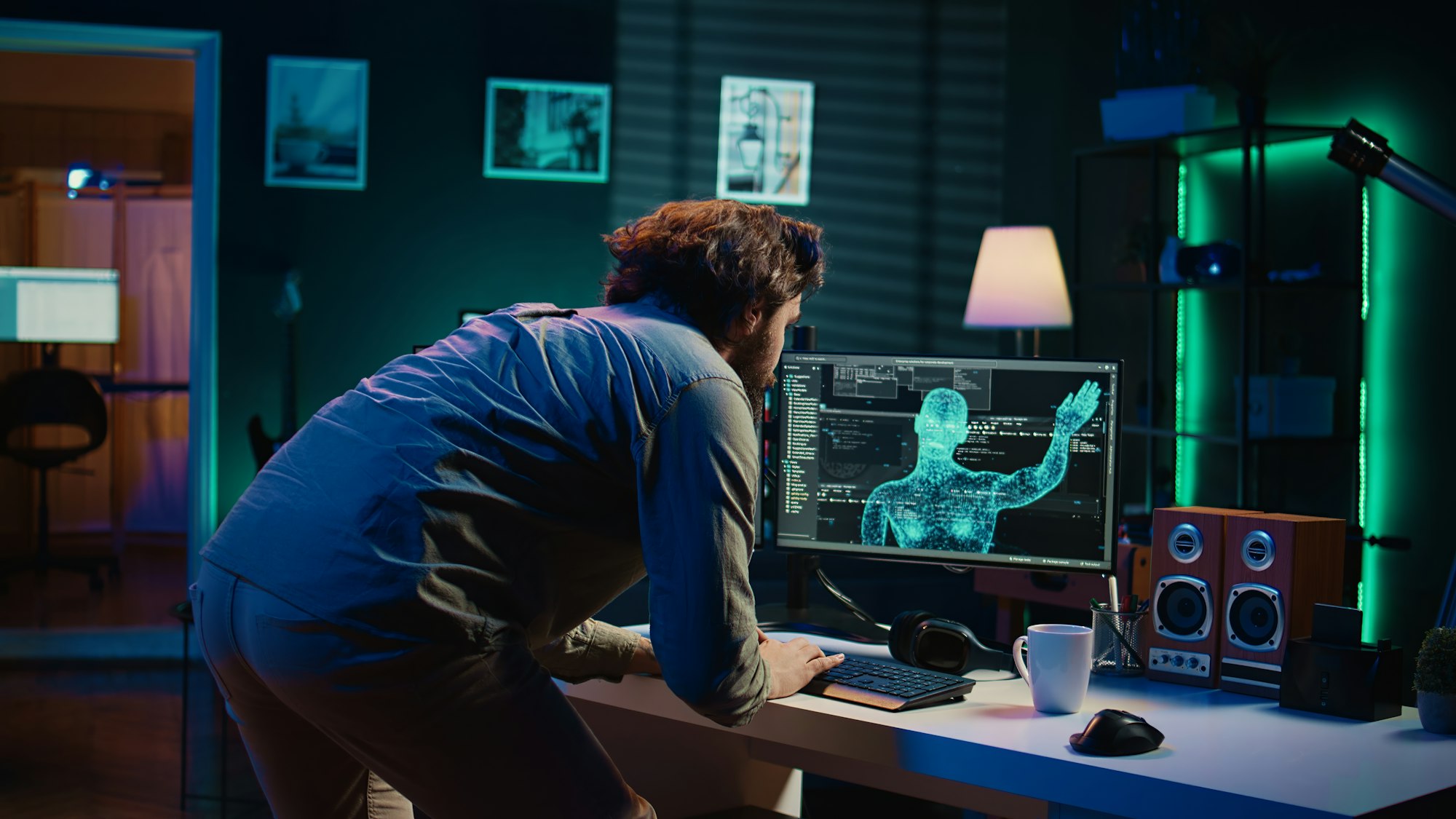Artificial Intelligence (AI) has changed many parts of our lives, from automating daily tasks to advancing medical diagnoses and even helping with creative projects. However, as AI becomes more common in our society, some people are starting to treat these systems almost like gods. This trend, known as “AI worship,” comes with significant risks that need careful consideration.

AI as a Superhuman Figure
AI systems, especially those using machine learning and deep learning, have shown they can outperform humans in specific tasks. Because of this, some people start to see AI not just as tools but as super-intelligent beings that can guide human decisions and even make moral judgments. This idea is partly due to how mysterious AI can seem—often, even the people who create AI don’t fully understand how it makes decisions, a problem known as the “black box” issue.
The Myth of AI Perfection
A major danger of AI worship is the false belief that AI systems are always right. Despite their impressive abilities, AI can still make mistakes. AI is only as good as the data it’s trained on and the algorithms that run it. If the data is biased, the AI’s decisions will be biased too. And sometimes, unexpected factors can cause AI to make wrong or even harmful choices. Thinking that AI is completely unbiased or objective is a dangerous misunderstanding.
Ethical Concerns and Responsibility
As AI is used more in important areas like law enforcement, healthcare, and finance, the question of who is responsible when something goes wrong becomes crucial. If an AI system makes a mistake, who is to blame? Is it the developer, the user, or the AI itself? The idea of AI as a flawless entity can make these questions harder to address, leading to a dangerous situation where humans might avoid taking responsibility.
The Impact on Human Decision-Making
AI worship can also weaken human decision-making. If people start relying too much on AI for making choices, they may lose confidence in their own judgment. This could lead to accepting AI-driven decisions without questioning them, even if those decisions are harmful or unethical. The risk here is that society might give up control over important decisions to AI without fully understanding its limitations or the potential consequences.
The Danger of Letting Technology Control Us
Technological determinism is the belief that technology controls society in a way that can’t be changed. AI worship can encourage this mindset, making people think that AI will inevitably shape the future and that humans can’t do anything about it. This can stifle creativity, critical thinking, and the search for other solutions to society’s problems.
How to Avoid the Risks of AI Worship
To reduce the dangers of AI worship, it’s important to have a balanced view of AI. This includes:
- Transparency: AI systems should be clear and understandable. Users need to know how decisions are made and what data is used.
- Ethical Design: AI developers should focus on ethical issues when creating and using AI systems. This means addressing biases, ensuring accountability, and protecting human rights.
- Public Education: Teaching people about what AI can and can’t do is crucial. Everyone should feel encouraged to question AI-driven decisions and think critically about them.
- Human Oversight: AI systems should always be monitored by humans. Decisions, especially those with serious ethical implications, shouldn’t be left entirely to AI.
By recognizing the potential dangers of AI worship, society can better manage the integration of AI technologies while protecting human values and decision-making. It’s important to approach AI with both excitement and caution, understanding its potential while being aware of its limits.

FAQ for “The Pitfalls of AI Worship”
1. What is AI worship?
AI worship refers to the tendency of some individuals to treat artificial intelligence systems as if they are superhuman or infallible. This can lead to overly relying on AI for decisions, expecting it to perform flawlessly, and attributing to it qualities like objectivity and unbiased judgment, even when this is not the case.
2. Why is it dangerous to believe that AI is infallible?
Believing that AI is infallible is dangerous because it overlooks the fact that AI systems are designed by humans and depend on the data they are trained on. If the data is biased, the AI’s decisions will also be biased. Moreover, treating AI as flawless can lead to ignoring potential errors or unethical outcomes, reducing accountability for decisions made by AI systems.
3. How can we mitigate the risks associated with AI worship?
To mitigate the risks of AI worship, we should:
- Promote Transparency: Make sure AI systems are understandable and that users know how and why decisions are made.
- Prioritize Ethical Design: Focus on ethical considerations during the development and deployment of AI, addressing any biases and ensuring accountability.
- Educate the Public: Increase awareness about the capabilities and limitations of AI, encouraging a critical approach to AI-driven decisions.
- Ensure Human Oversight: Maintain human control over AI systems, especially for decisions with significant ethical implications. This helps preserve human judgment and accountability.
Sources The Guardian


